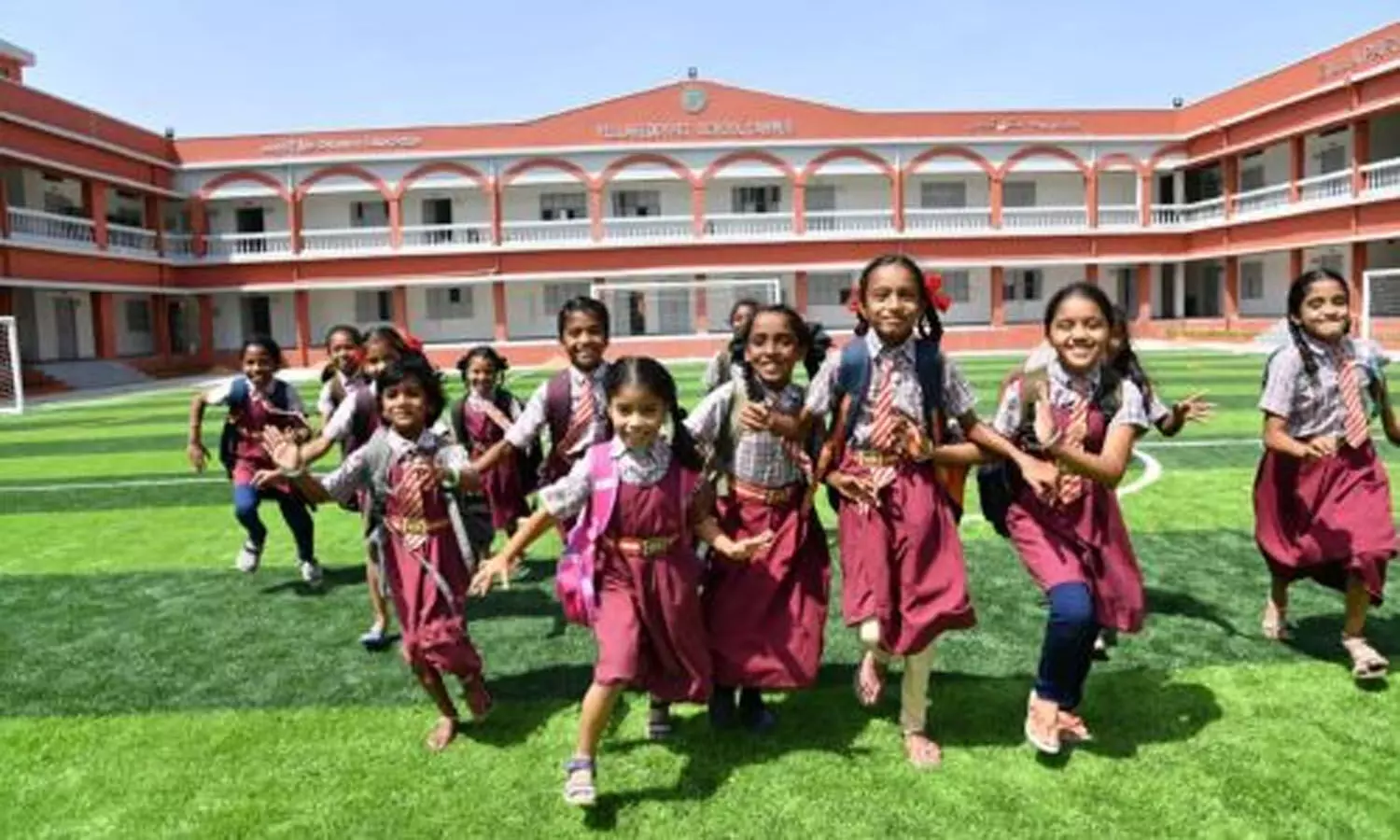Boards twice a year, exams on demand; big changes in education system
The NEP envisaged that board exams should be conducted twice a year and that students should be allowed to retain the best score out of the two examinations

NEW DELHI: Union Minister for Education, Dharmendra Pradhan on Wednesday announced that the New Curriculum Framework (NCF) in accordance with the National Education Policy (NEP) 2020 had been prepared and new textbooks for the curriculum, would be ready by the 2024 academic year.
The NEP envisaged that board exams should be conducted twice a year and that students should be allowed to retain the best score out of the two examinations. “Board exams will be conducted at least twice a year to ensure students have enough time and opportunity to perform well. Students can then appear for a board exam in subjects they have completed and feel ready for. They will also be allowed to retain the best score,” the Ministry said.
Class 11 and 12 students would be required to study two languages, at least one language must be Indian. Choice of subjects in classes 11,12 would not be restricted to streams, students to get flexibility to choose.
School boards would be allowed to develop capacities to offer ‘on demand’ exams in due course of time. Board exams would assess understanding, and achievement of competencies over months of coaching and memorisation.
The current practice of ‘covering’ textbooks in the classroom would be avoided, cost of textbooks would be optimised. “Given that most examinations largely test rote memory, a very narrow range of competencies are assessed. This gives an incomplete or incorrect picture of student learning,” the NCF said. Instead, board exams would evaluate students’ mastery of curriculum-required competencies to give a valid and reliable picture of student performance.
Previous policies
National Education Policy 2020 said that the implementation of previous policies on education had focused largely on issues of access and equity. The unfinished agenda of the National Policy on Education 1986, modified in 1992 (NPE 1986/92), was appropriately dealt with in this policy. A major development since the last policy of 1986/92 had been the Right of Children to Free and Compulsory Education Act 2009 which laid down legal underpinnings for achieving universal elementary education.
Principles of this policy
“The purpose of the education system is to develop good human beings capable of rational thought and action, possessing compassion and empathy, courage and resilience, scientific temper and creative imagination, with sound ethical moorings and values,” the NEP 2020 reads. The policy aimed at producing engaged, productive, and contributing citizens for building an equitable, inclusive, and plural society as envisaged by the Indian Constitution.
A good education institution
The policy stated that a good education institution was one in which every student feels welcomed and cared for, where a safe and stimulating learning environment exists, where a wide range of learning experiences are offered, and where good physical infrastructure and appropriate resources conducive to learning are available to all students. Attaining these qualities must be the goal of every educational institution.
However, at the same time, there must also be seamless integration and coordination across institutions and across all stages of education, the policy stated.



